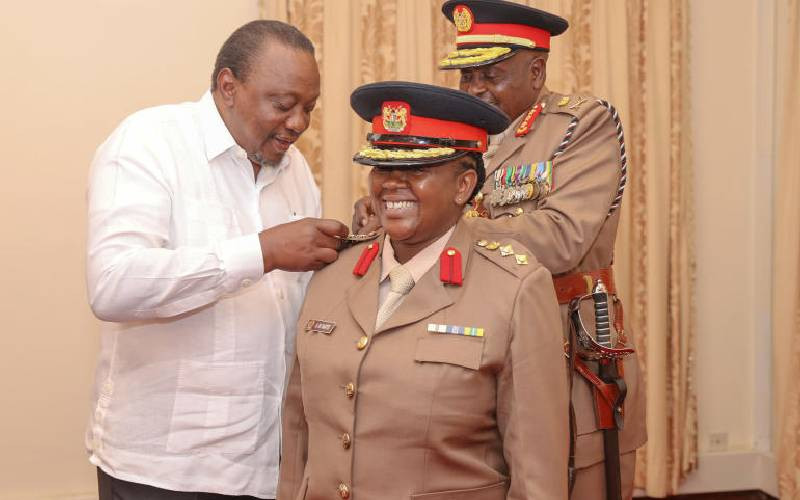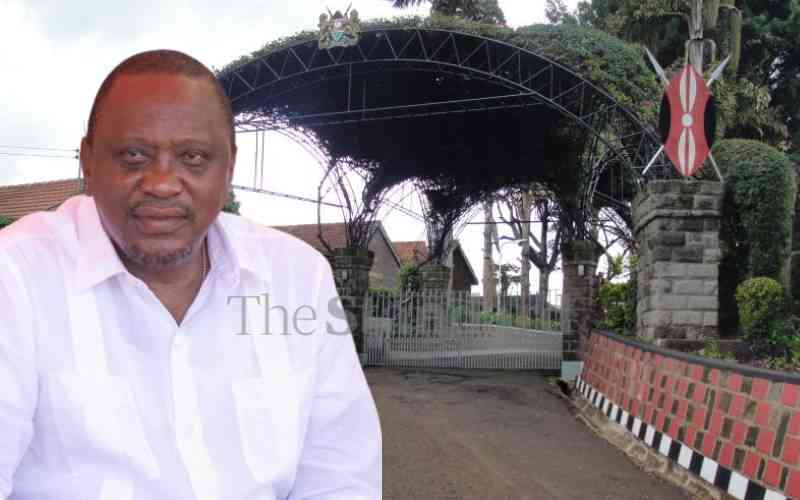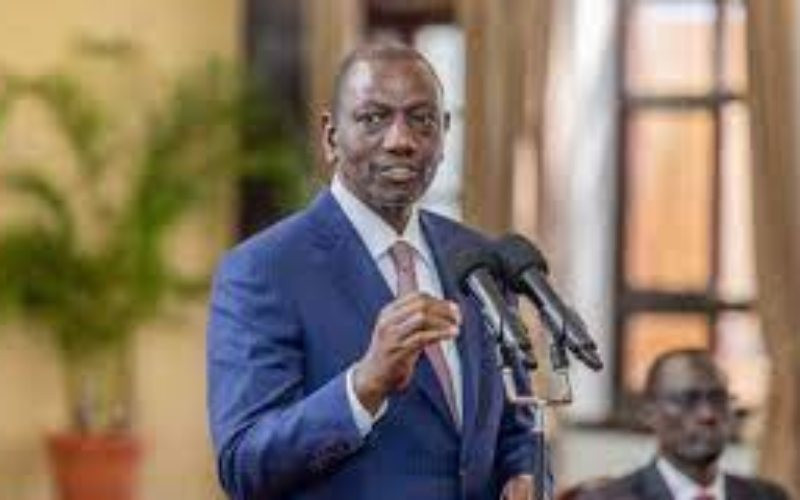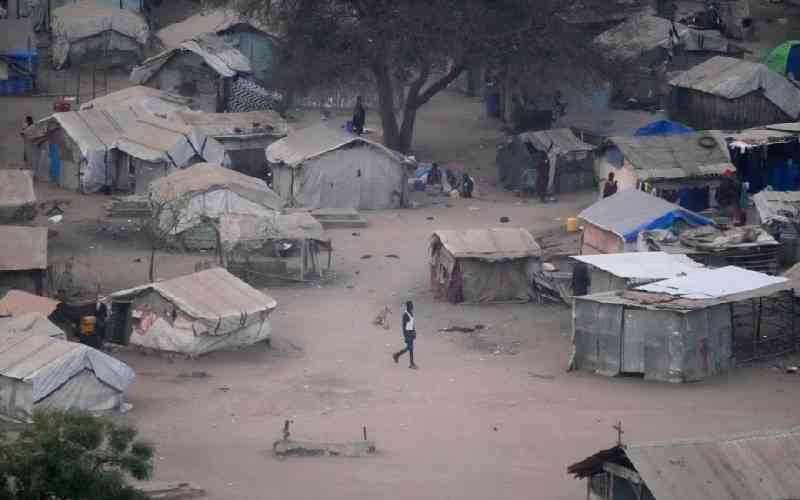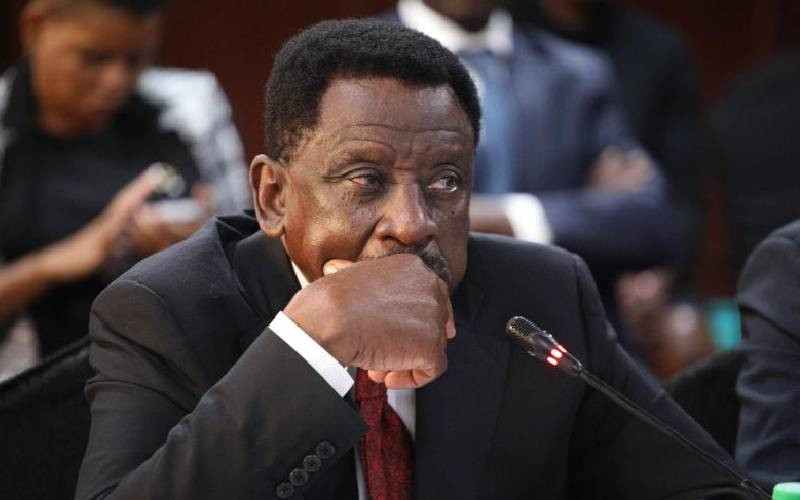NAIROBI: The much anticipated peace deal between the warring factions in South Sudan's 20-month civil war failed to materialise on the last day of the deadline given by the Intergovernmental Authority on Development (Igad). The two factions had been given up to August 17, 2015 to sign the deal or face possible sanctions from the international community.
Though President Salva Kiir attended the meeting in Addis Ababa at which other regional heads of state were also in attendance on the final day, he showed his reluctance to ensuring lasting peace in the war-torn country by failing to append his signature to the deal. Instead, he asked for 15 more days to consider it. His contention was that the peace agreement was not comprehensive enough to preclude either party reneging on it the following day as has been the case in the past.
Rebels led by former Vice President Reik Machar, who has been intent on getting Mr Kiir out of power, signed the deal to which a representative from another smaller opposition party also appended his signature. Without President Kiir's signature, a major protagonist, the deal is as good as not done.
South Sudan gained its independence from Sudan in 2011 after a protracted civil war but was plunged into chaos in 2013 when a political row between President Salva Kiir and his former deputy Reik Machar spiralled into armed conflict. The two come from the predominant Dinka and Nuer tribes, forcing the conflict to take on tribal connotations. There have been numerous efforts led by Kenya and Igad to restore peace to South Sudan without much success.
The hostilities in Africa's youngest nation have killed more than 10,000 people and displaced more than 2 million. More than 200,000 people have been provided with shelter at UN peace-keeper bases but their living conditions are deplorable. The power-sharing pact proposed a three-year interim period as a solution to the conflict.
Under the deal that Mr Machar signed, he is to be taken back into government on an equal power-sharing basis. While this would put a stop to human suffering with the stoppage of hostilities, IGAD must push for a lasting peace solution that will allow the country enjoy stability and realise its full economic potential. South Sudan is rich in oil and that natural resource must be tapped to the fullest.
But while the rebels in South Sudan have expressed willingness to share power, it would seem the government is less than enthusiastic. It smirks of dishonesty for President Kiir to demand for more time because the issues at hand are not new. Not a single minute more should be wasted in giving the long-suffering South Sudanese people much-needed rest from a war that was started by people who have little regard for human life in their pursuit of political power; even at the price of plunging their country into anarchy.
Igad, the African Union, European Union, China, UK, Norway and the United Nations still have an enormous task of ensuring peace and normalcy return to this troubled African nation.
They must not relent in their push to make sure this happens as soon as possible.
 The Standard Group Plc is a
multi-media organization with investments in media platforms spanning newspaper
print operations, television, radio broadcasting, digital and online services. The
Standard Group is recognized as a leading multi-media house in Kenya with a key
influence in matters of national and international interest.
The Standard Group Plc is a
multi-media organization with investments in media platforms spanning newspaper
print operations, television, radio broadcasting, digital and online services. The
Standard Group is recognized as a leading multi-media house in Kenya with a key
influence in matters of national and international interest.
 The Standard Group Plc is a
multi-media organization with investments in media platforms spanning newspaper
print operations, television, radio broadcasting, digital and online services. The
Standard Group is recognized as a leading multi-media house in Kenya with a key
influence in matters of national and international interest.
The Standard Group Plc is a
multi-media organization with investments in media platforms spanning newspaper
print operations, television, radio broadcasting, digital and online services. The
Standard Group is recognized as a leading multi-media house in Kenya with a key
influence in matters of national and international interest.

